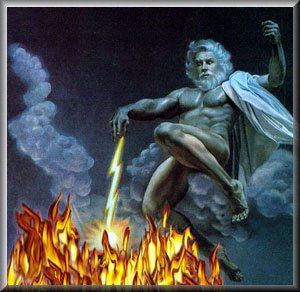Andrew Mwenda, who is the editor of the Independent magazine makes a passionate but ultimately flawedargument about the role of journalism in holding public officers accountable and keeping their projects honest in a recent column for his news magazine. Many Ugandan journalists will recognise that he rather belatedly agrees with President Yoweri Museveni’s refrain on the Bujagali Dam project- mainly it is the media that collapsed it and consequently plunged the country into darkness.
Firstly the article was initially about the protracted conflict between Kiiza Besigye and Yoweri Museveni ( there are important things to say here about Uganda’s political system being defined by electioneering and how this may have reduced the politics of the opposition largely to “regime change” crowding out so-called “issue based debates on public policy but this requires a separate argument. FDC and NRM politics may have been rigged by the tyranny of personality- a common African problem but Mwenda exaggerates the responsibility of the media on this as well).
The second portion of Andrew’s argument is on the energy sector and how ostensibly it played a principle and negative role in the Bujagali saga – and was therefore responsible for postponing the benefits of the project. Firstly, i think the role of the media is hugely exaggerated. There are many government projects that have less attention than Bujagali received and still tanked. Bujagali is not the rule and even if it were the exception the publicity it received was not central to its de-investing.
The Ugandan government actually has an illustrious record of single sourcing and playing outside the rules – with the wave of the hand it can procure jets, send its soldiers to war and direct funds to areas of its interests without due process.
I bet that the record of government contract performance has a lot more to do with other issues of capacity than the light the media shown on due process attending their procurement.
In fact in the energy sector – Bujagali was proven the argument that the role the media played was wrong- false. It is my understanding that the new improved Bujagali project in which the Aga Khan has an interest is incredibly off budget ( 2 billion dollars am told and climbing). This is the project Mwenda says has been saved by media silence including his own.
As it is this costs will be transferred to consumers- still without much discussion. This series of arguments that Andrew is making are great because as far as African intellectual discourse goes (he has framed it as the familiar ” African context”). They allow us to examine how different our circumstances are or if they require innovative thinking that outsiders and outside thinking cannot fully comprehend. I have asked other colleagues to respond to it vigorously.
As it is i see that there exists a danger of choosing which context to argue and this present article is one example of how the context arguments have been taken out of context and facts interpreted for effect. Over to you.










